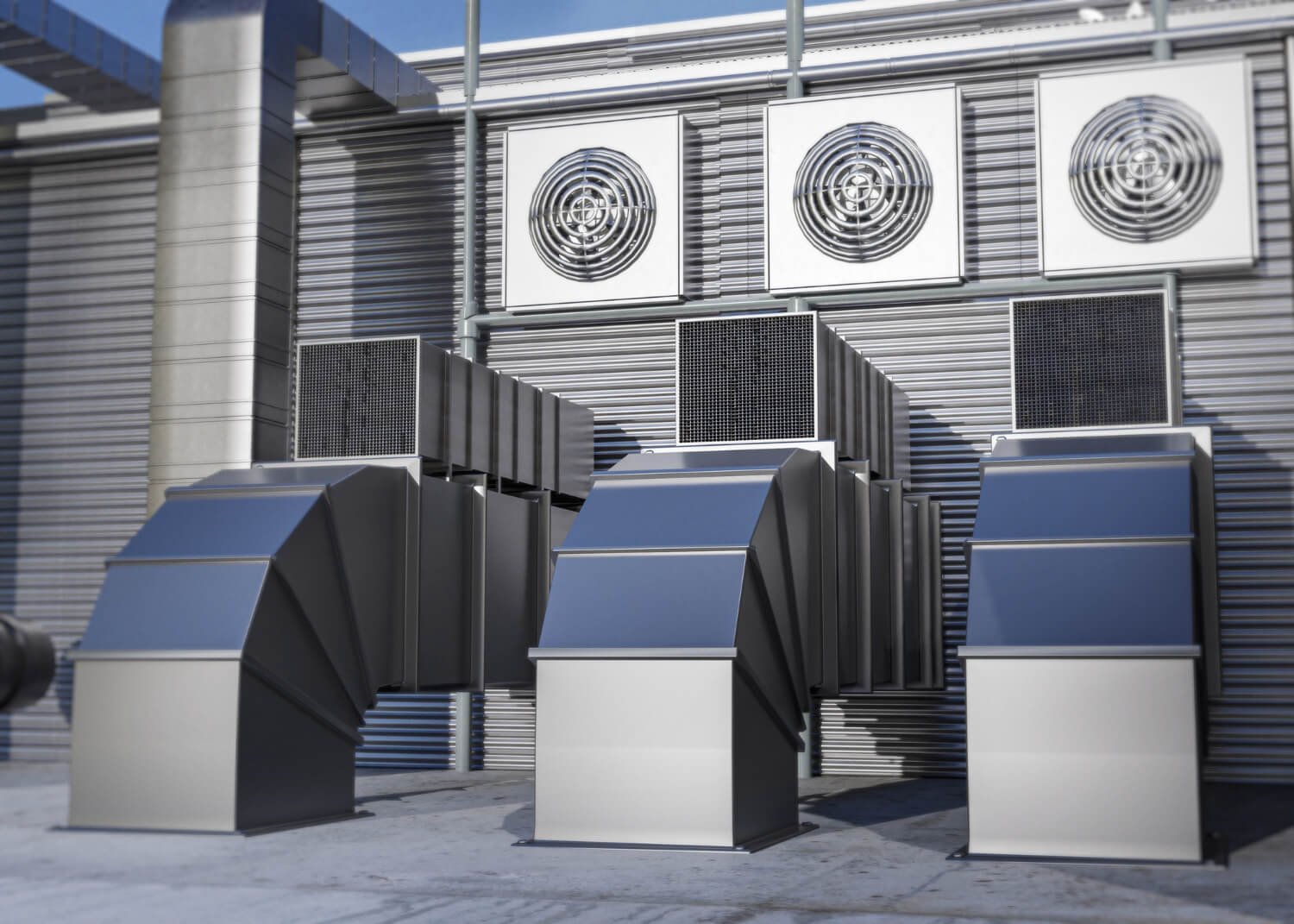
As commercial HVAC technology continues to evolve, businesses in Florida are benefiting from more efficient, intelligent, and sustainable systems. Staying current with these advancements can lead to significant improvements in energy use, comfort, and operational efficiency. Here’s a look at the latest trends in commercial HVAC technology and how they can impact your business.
Smart HVAC Systems
- Integration with IoT: Modern commercial HVAC systems increasingly incorporate Internet of Things (IoT) technology, enabling real-time monitoring and control. These smart systems can be accessed remotely via smartphones or tablets, allowing facility managers to adjust settings, monitor performance, and receive alerts for maintenance needs.
- Predictive Maintenance: Using data analytics, smart HVAC systems can predict potential failures before they occur. This proactive approach helps prevent unexpected breakdowns and reduces repair costs by addressing issues before they become major problems.
High-Efficiency Equipment
- Variable Refrigerant Flow (VRF) Systems: VRF systems are gaining popularity for their efficiency and flexibility. They adjust the refrigerant flow based on the cooling or heating demand, which can lead to significant energy savings compared to traditional systems.
- Enhanced SEER Ratings: New commercial HVAC units often feature higher Seasonal Energy Efficiency Ratio (SEER) ratings. These improvements in efficiency translate into lower energy bills and a smaller environmental footprint.
Advanced Air Filtration
- HEPA Filters: High-Efficiency Particulate Air (HEPA) filters are becoming more common in commercial HVAC systems. They capture a high percentage of airborne particles, improving indoor air quality and creating a healthier environment for occupants.
- UV-C Lights: Integrating UV-C lights into HVAC systems helps reduce microbial growth on cooling coils and in the air. This technology enhances air quality and can reduce the spread of airborne pathogens.
Energy Management Systems (EMS)
- Integrated Control Systems: EMS technology allows businesses to integrate HVAC controls with other building systems, such as lighting and security. This unified approach enhances overall building management and can lead to additional energy savings.
- Real-Time Data Analysis: EMS provides real-time data on energy consumption, allowing businesses to identify and address inefficiencies quickly. This data-driven approach helps in making informed decisions to optimize energy use and reduce operational costs.
Green and Sustainable Solutions
- Geothermal Heat Pumps: Geothermal systems use the earth’s natural heat to provide efficient heating and cooling. While the initial installation cost can be higher, the long-term savings and reduced environmental impact make them an attractive option for sustainable building practices.
- Energy Recovery Ventilators (ERVs): ERVs capture and reuse energy from exhausted air to pre-condition incoming fresh air. This process reduces the energy needed for heating and cooling, leading to increased efficiency and lower energy costs.
Improved Zoning and Control
- Zone Control Systems: Modern HVAC systems offer advanced zoning capabilities, allowing businesses to customize temperature settings for different areas of a building. This flexibility can improve comfort and reduce energy waste by targeting heating and cooling where it’s needed most.
- Occupancy Sensors: Incorporating occupancy sensors into HVAC systems helps optimize energy use by adjusting settings based on room occupancy. This ensures that energy is not wasted in unoccupied areas.
Conclusion
The latest trends in commercial HVAC technology offer significant benefits for businesses, including increased energy efficiency, improved air quality, and enhanced control over building systems. By staying informed about these advancements and integrating them into your HVAC system, you can achieve cost savings and create a more comfortable and sustainable work environment.
For assistance with upgrading or maintaining your commercial HVAC system, reach out to a trusted HVAC professional in Florida. They can provide expert guidance on implementing the latest technologies to meet your business needs.